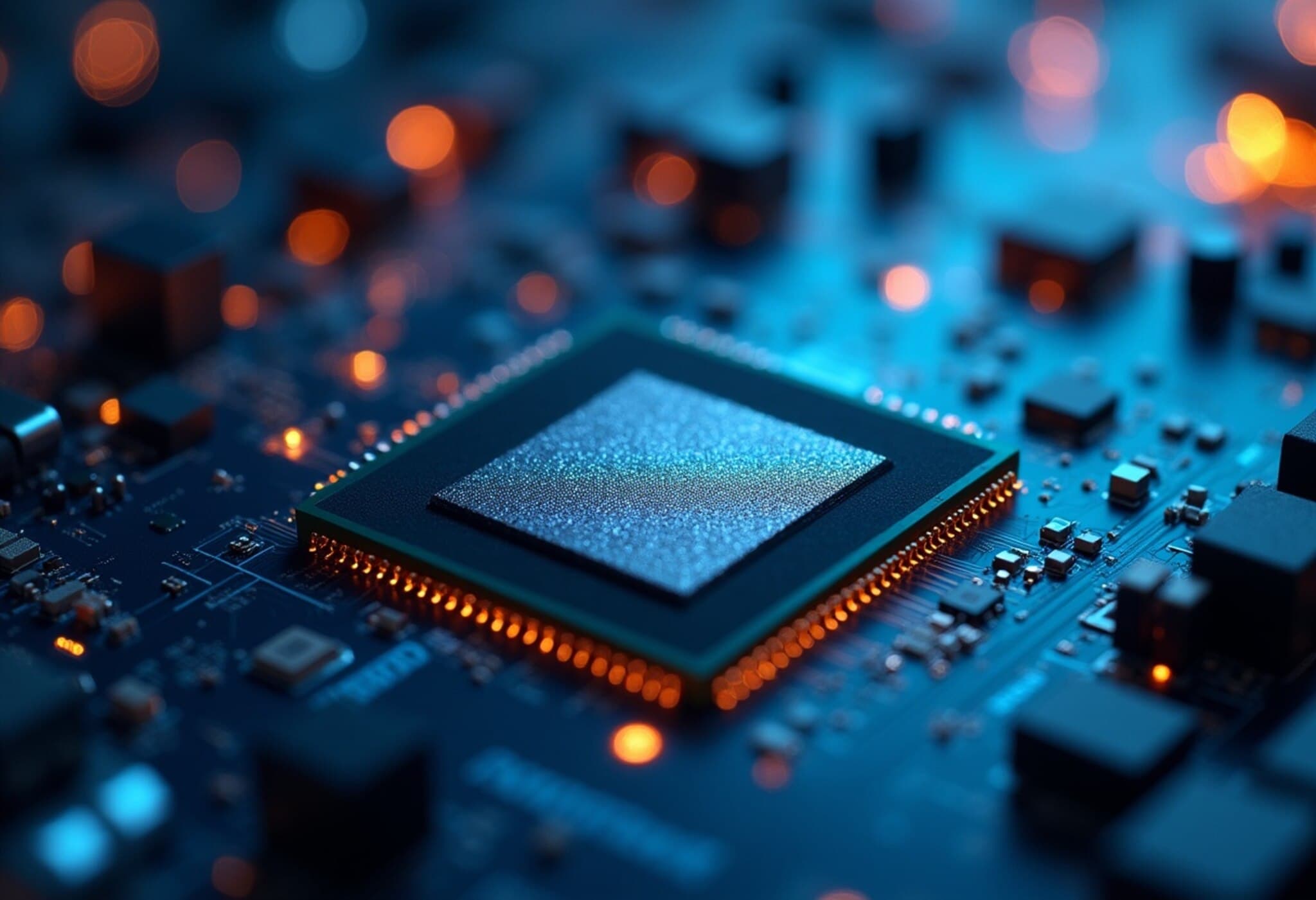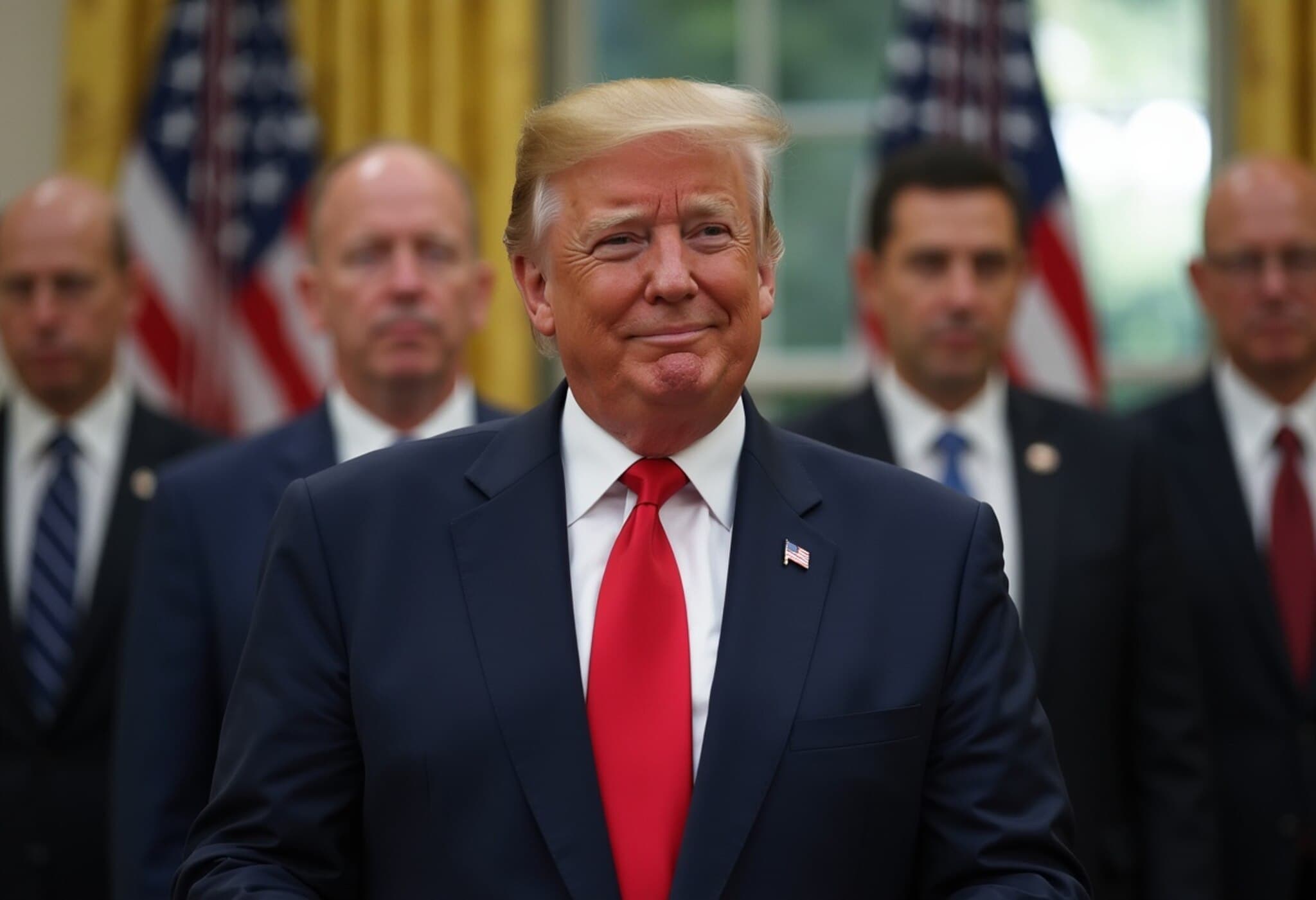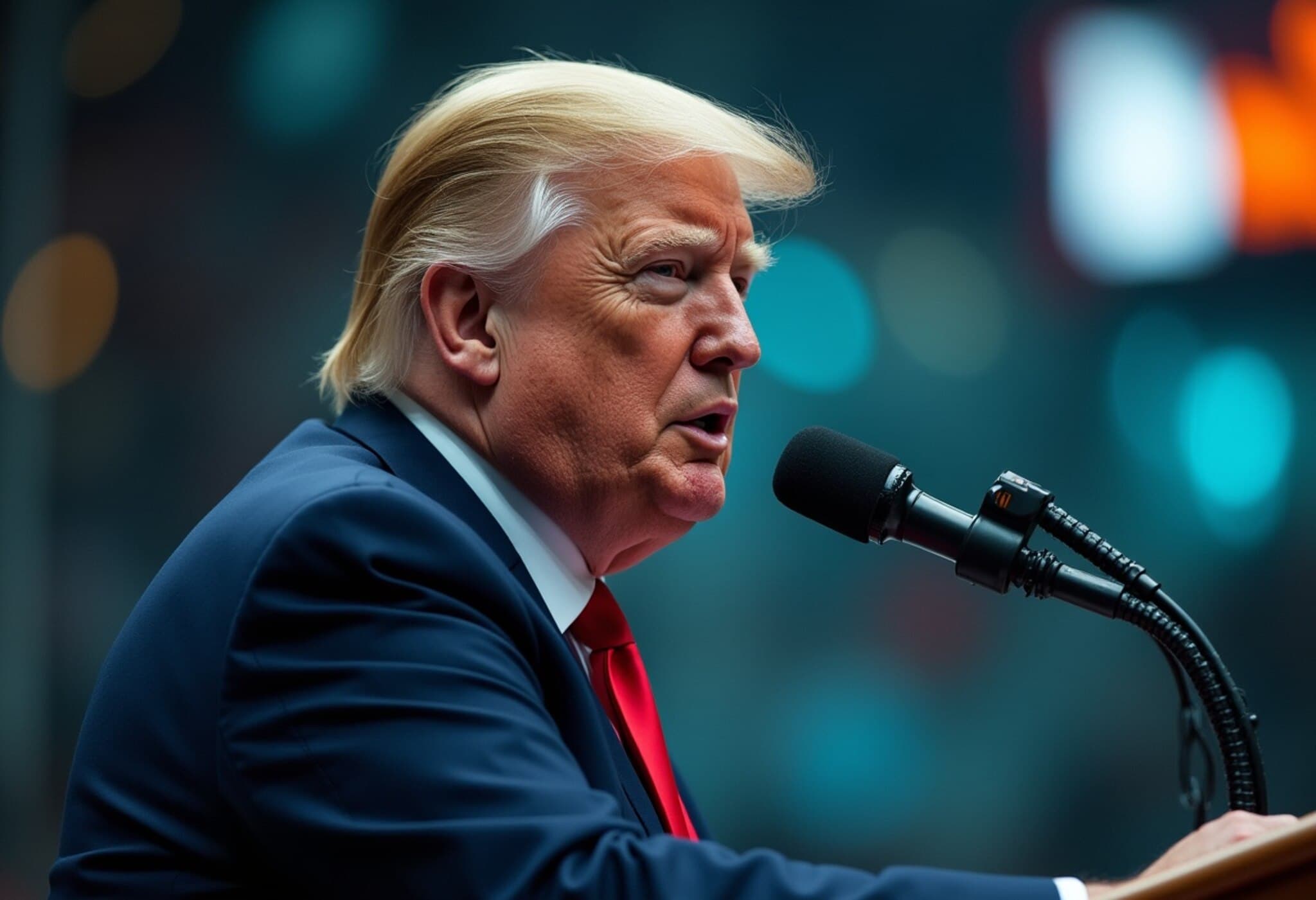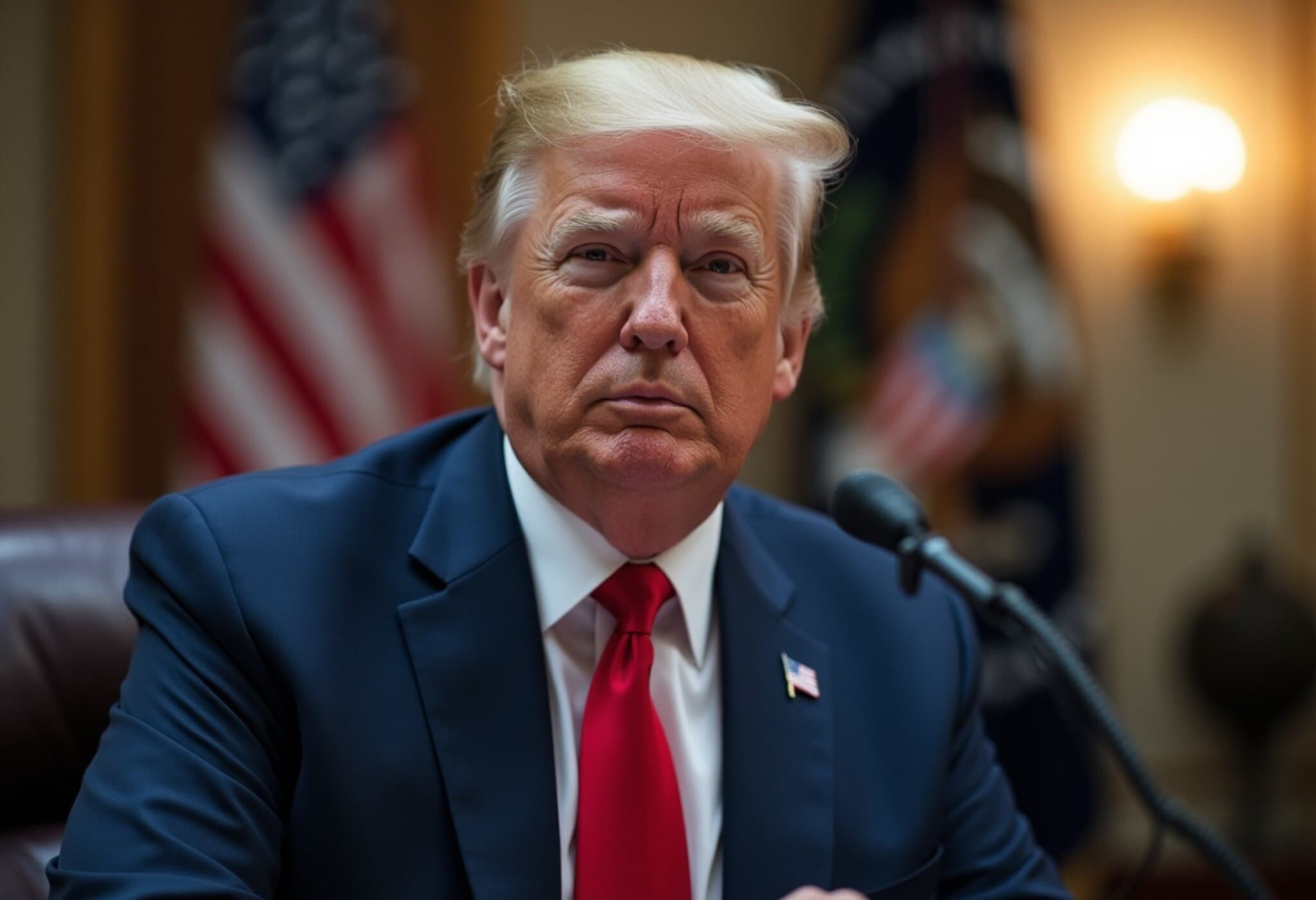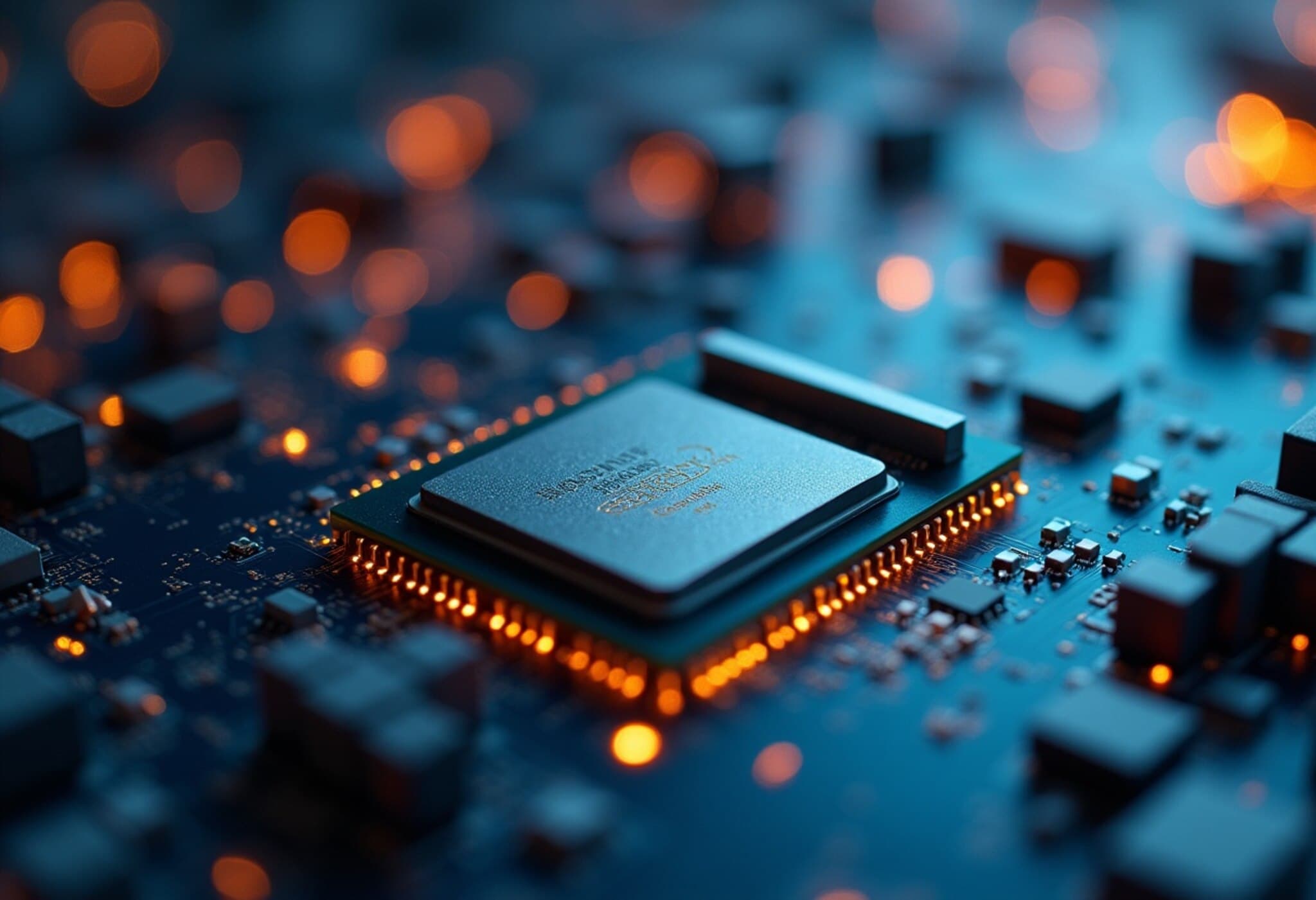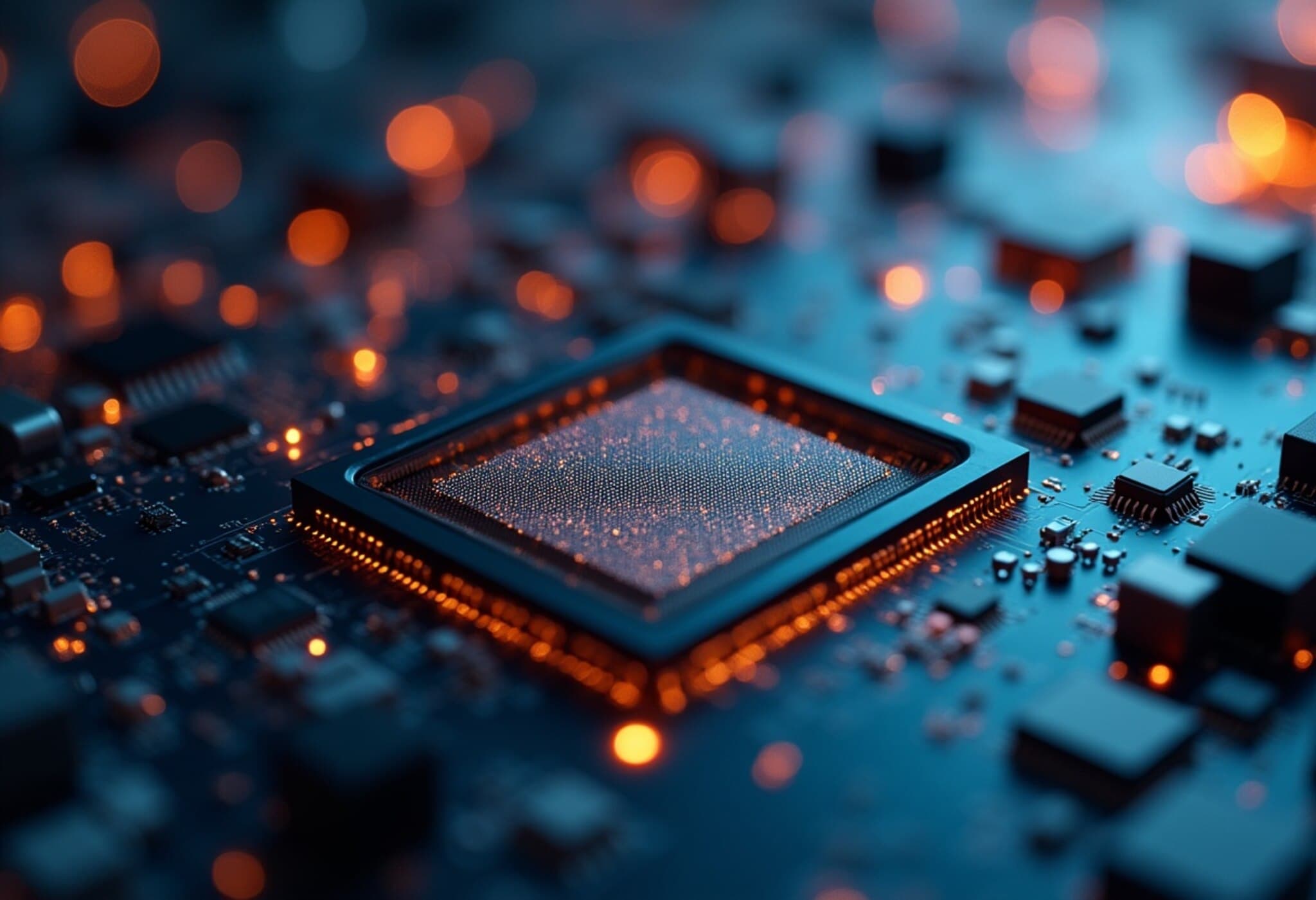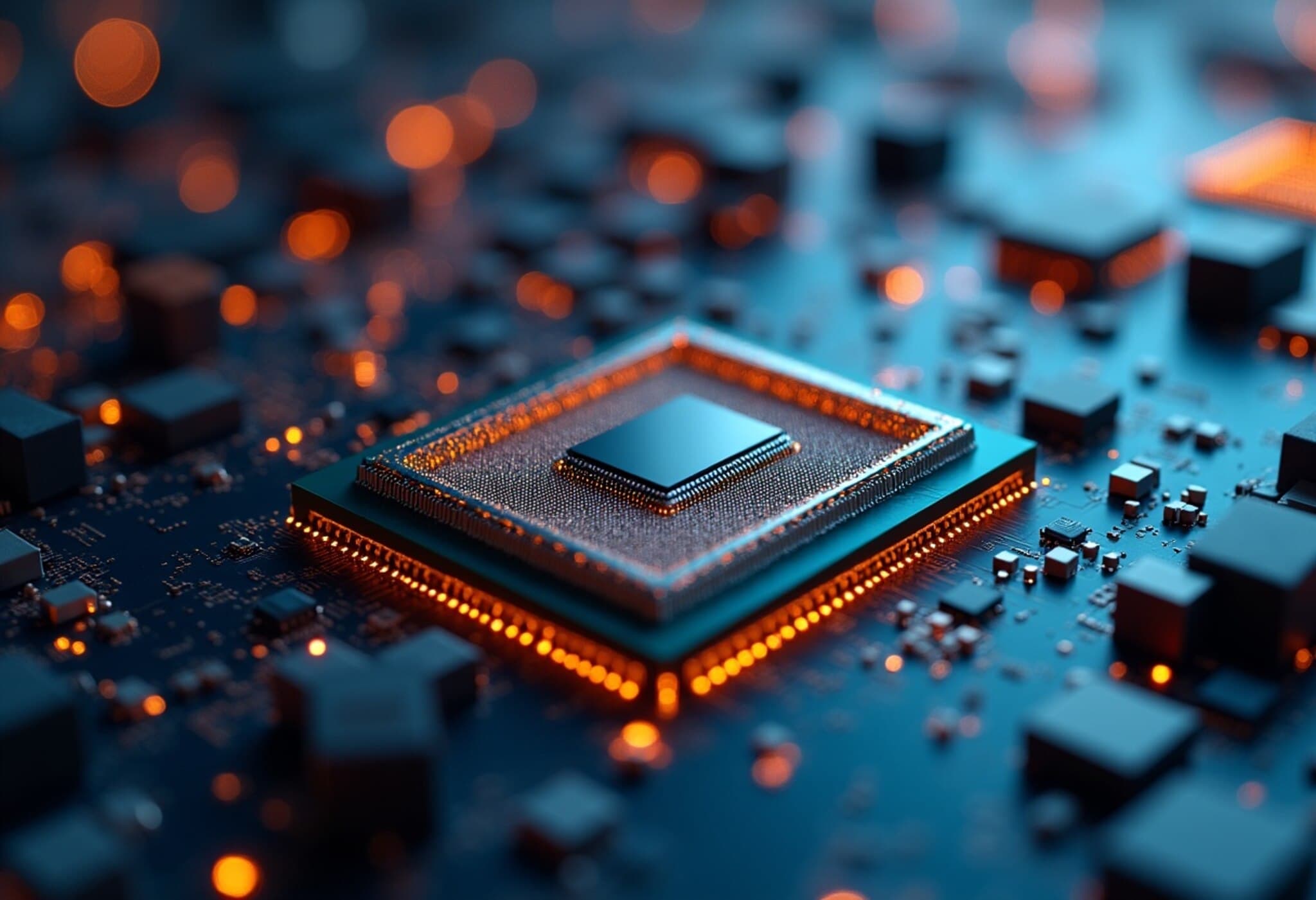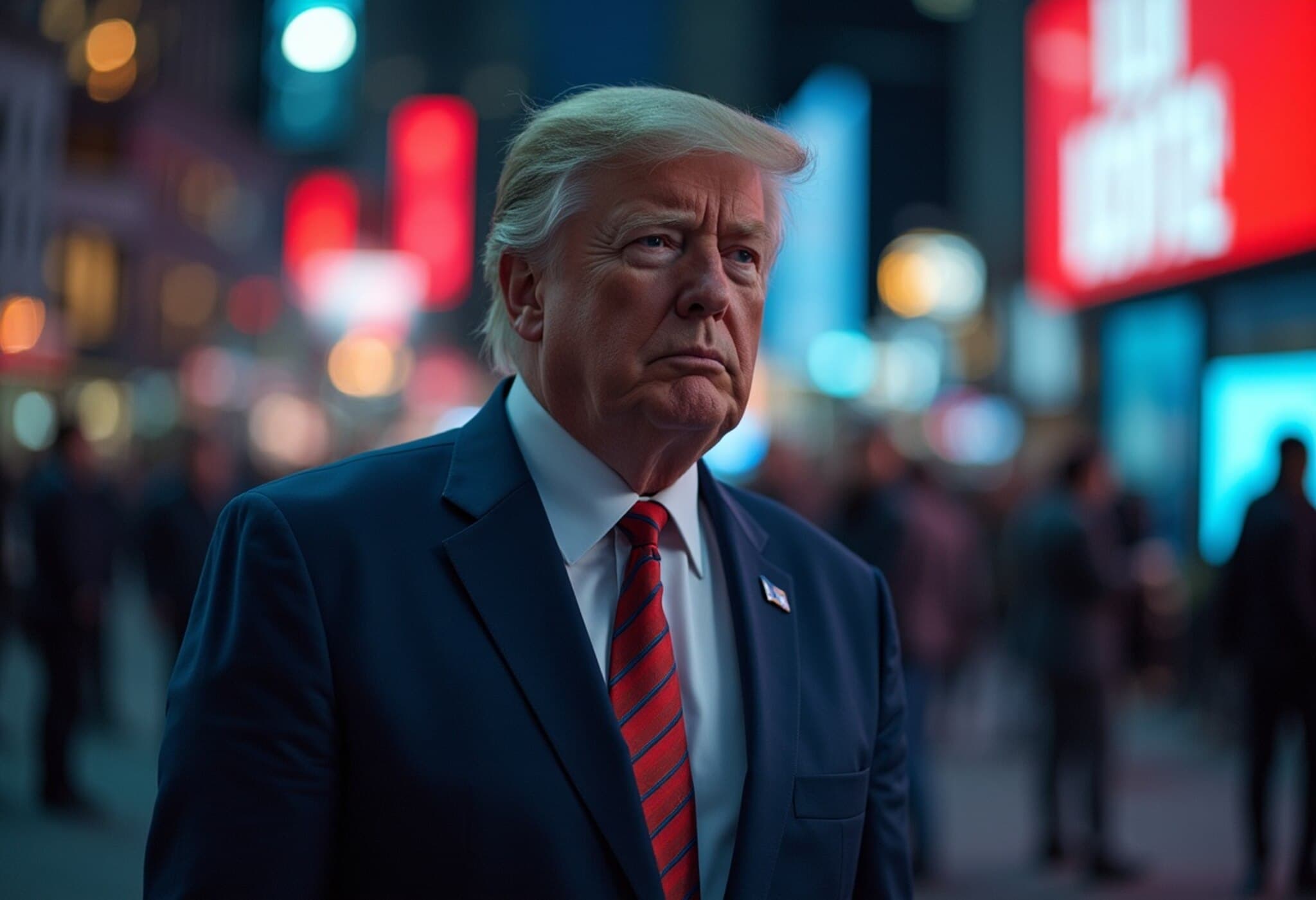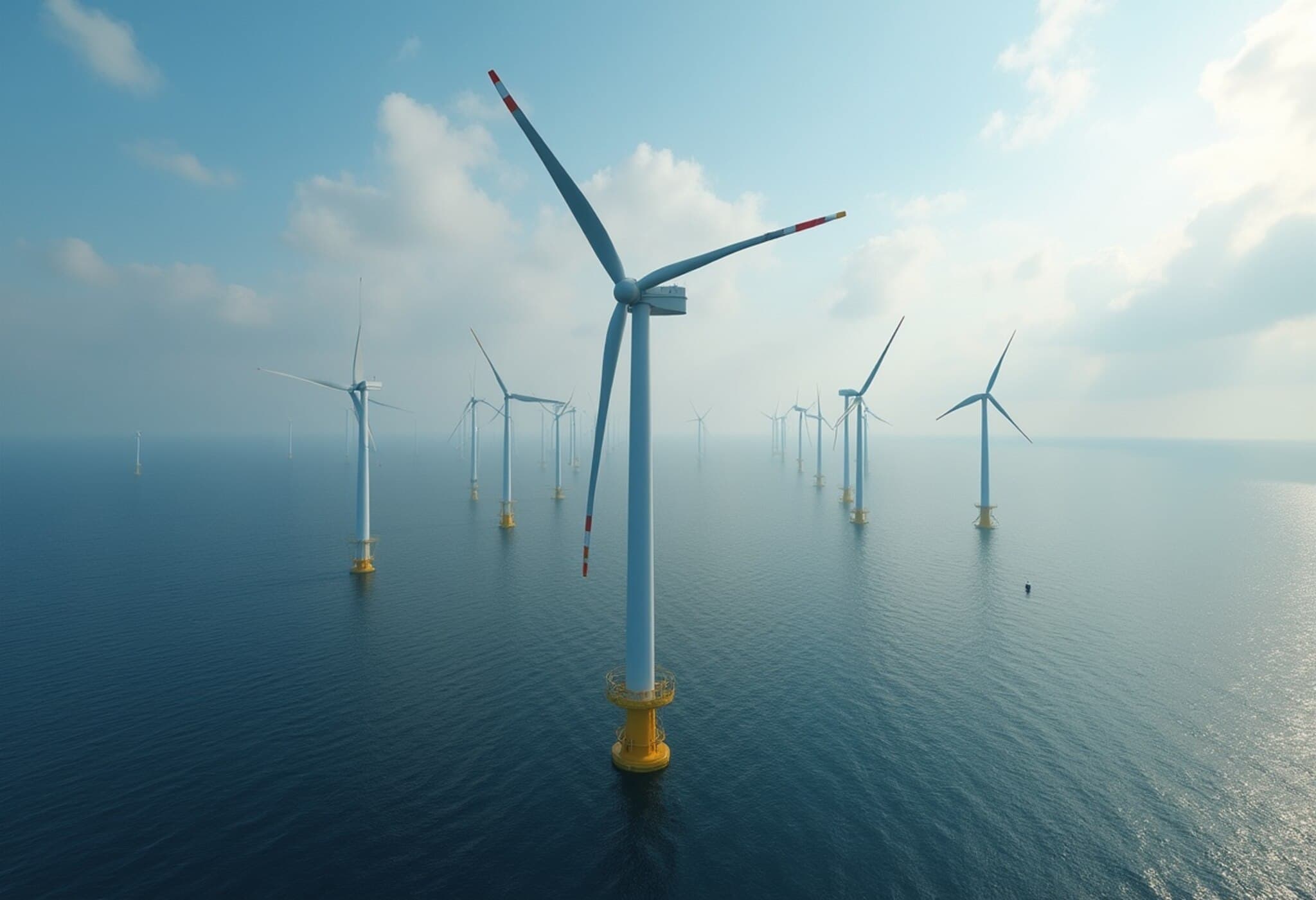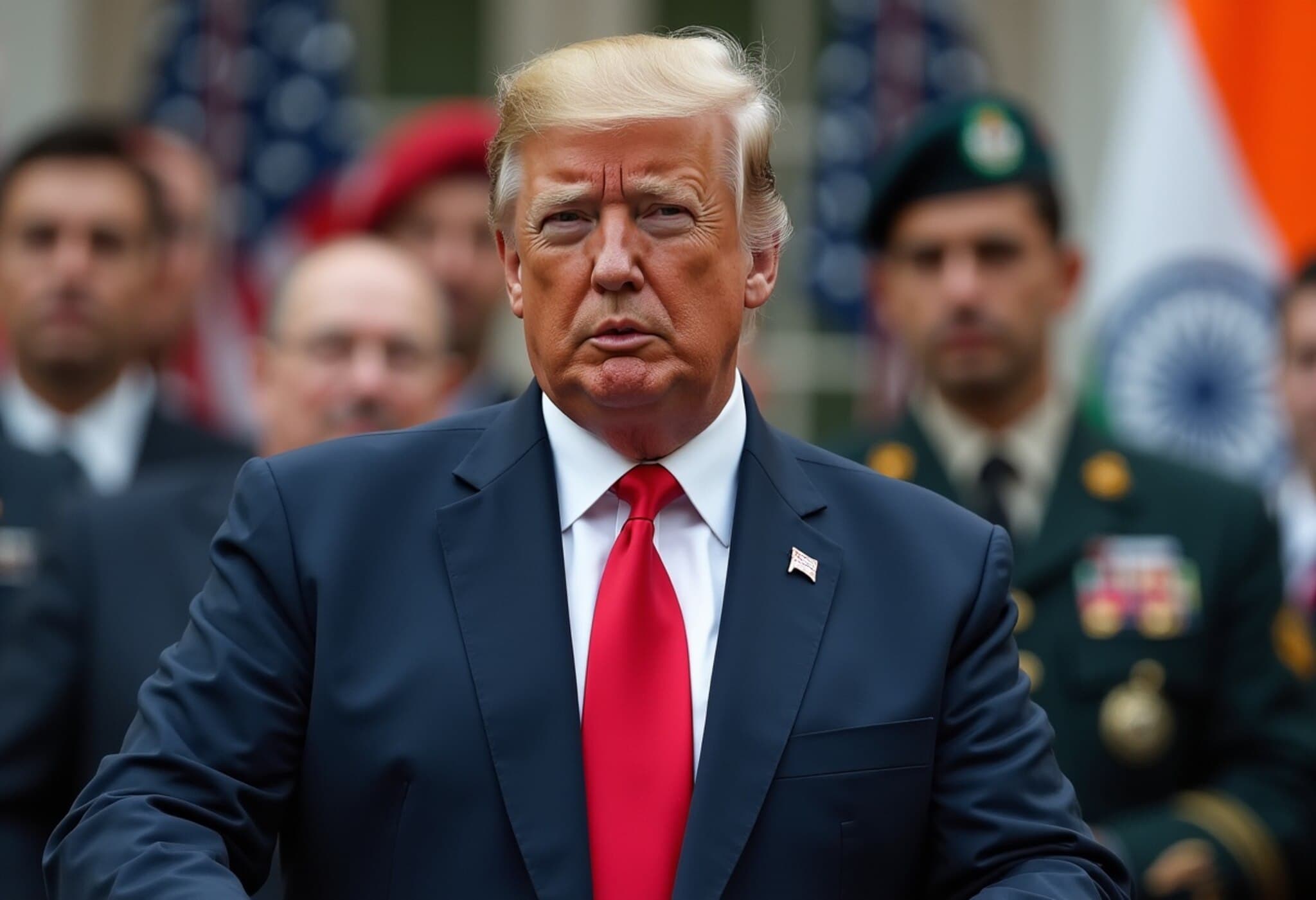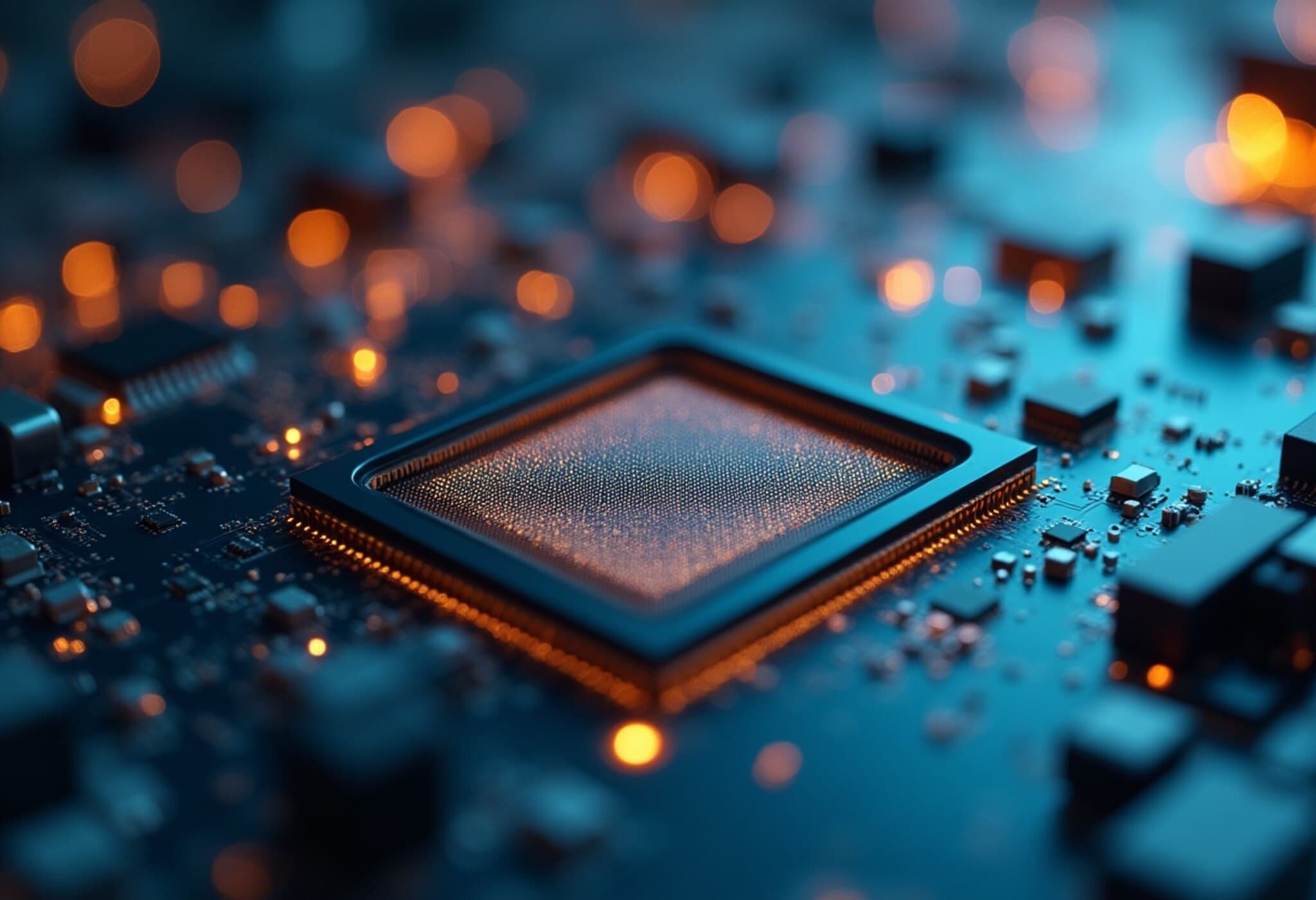Intel Shares Rally Following Report of Potential U.S. Government Investment
Intel Corp. witnessed a remarkable 7% jump in its stock price on Thursday after Bloomberg reported that the Trump administration is exploring plans for the U.S. government to take an equity stake in the struggling chipmaker. This news injected fresh optimism into a company that has endured significant challenges and a sharp decline in market value.
The Significance of Intel’s Position
Intel remains the only U.S.-based company capable of manufacturing cutting-edge, high-performance chips domestically—an increasingly critical factor given the global semiconductor supply chain’s vulnerabilities. While international competitors like Samsung and TSMC also operate fabrication plants within the United States, Intel's expansive ambitions position it as a linchpin in American technology manufacturing and national security strategy.
Government Involvement and National Security Implications
The potential government stake would likely support Intel’s ongoing investment in developing new semiconductor fabrication plants in Ohio, a key part of their strategy to scale domestic production capabilities. This aligns with broader U.S. policy under the Trump administration aimed at bolstering chip production stateside, reducing reliance on foreign suppliers, and securing critical technology infrastructure.
Intel CEO Lip-Bu Tan's recent high-profile meeting at the White House, coming amid controversy and calls for his resignation over alleged ties to China, underscores the complex geopolitical considerations entwined with this transaction. Despite those tensions, Intel reiterated Tan’s commitment to advancing U.S. national and economic security interests.
Challenges Facing Intel and Market Performance
Intel’s market value has been battered — plunging nearly 60% in 2024— marking its worst annual performance on record. The company has struggled to capture meaningful ground in the artificial intelligence chip sector and to establish a robust customer base for its foundry business, which aims to manufacture chips for third parties.
Moreover, Intel’s recent announcement to cancel plans for manufacturing sites in Germany and Poland and slow development in Ohio teamed with a sharpened focus on scrutinizing capital expenditures reflects a strategic pivot in response to financial and competitive pressures.
Broader Policy Context and Industry Impact
The U.S. government has increasingly taken a proactive role in major industrial and technology sectors. Beyond Intel, recent moves include:
- Imposing restrictions on the sale of advanced chips to China, aiming to curb technology transfers.
- The Pentagon’s $400 million equity investment in MP Materials, a rare-earth minerals mining company vital for electronics manufacturing.
- Securing a “golden share” in U.S. Steel as part of a deal facilitating Nippon Steel’s acquisition.
These measures reflect a concerted effort to ensure control over critical supply chains and reinforce American industrial sovereignty.
What Lies Ahead for Intel?
If the government stake progresses, it could provide Intel with the financial stability and strategic backing needed to accelerate innovation and compete globally—especially against semiconductor giants operating outside the U.S. However, given Intel’s ongoing challenges with customer acquisition and market share, this partnership must also signal renewed confidence from both industry and investors.
Editor’s Note
The Trump administration’s possible investment in Intel illuminates the growing intersection between government intervention and technology industry health. It raises essential questions: How far should national security goals influence corporate ownership? Can public-private collaboration revive a critical American industry amid intense global competition? And how might Intel’s trajectory shape the broader future of semiconductor manufacturing in the U.S.? As these developments unfold, stakeholders should watch closely for signals about industrial policy shifts and their ripple effects on innovation, economic security, and geopolitical balance.

